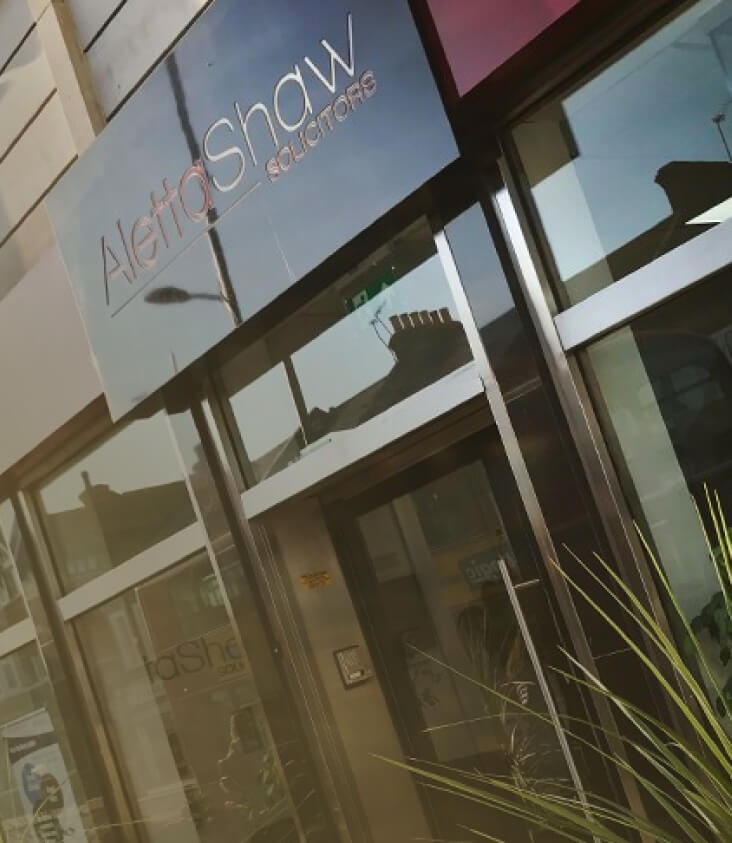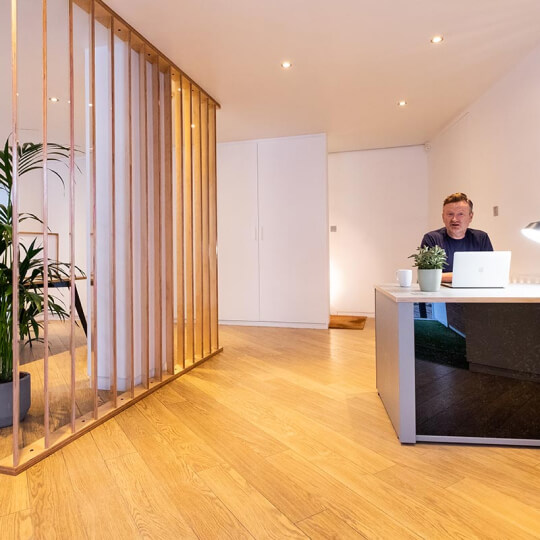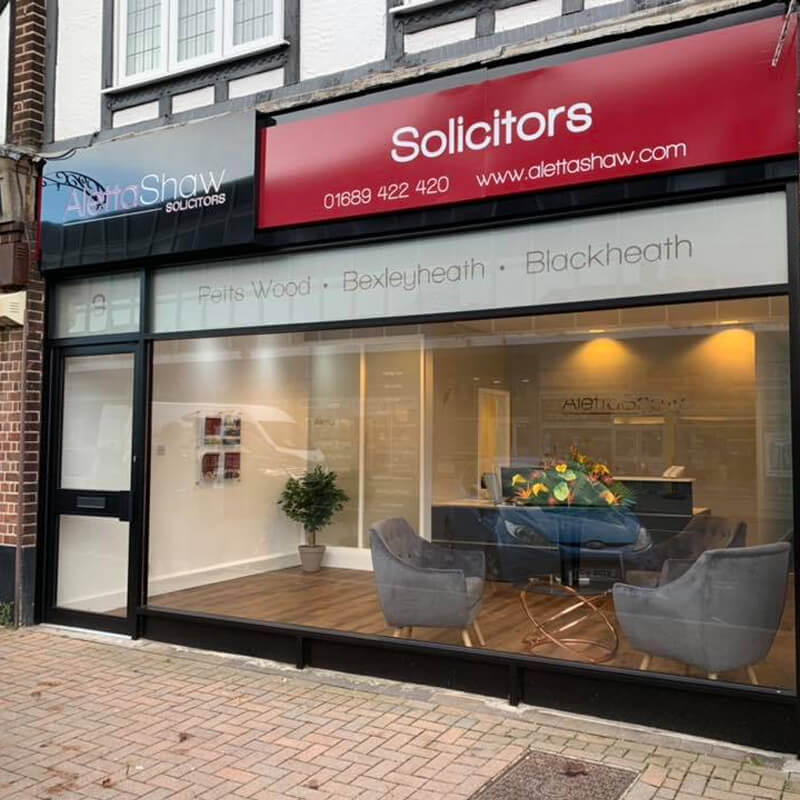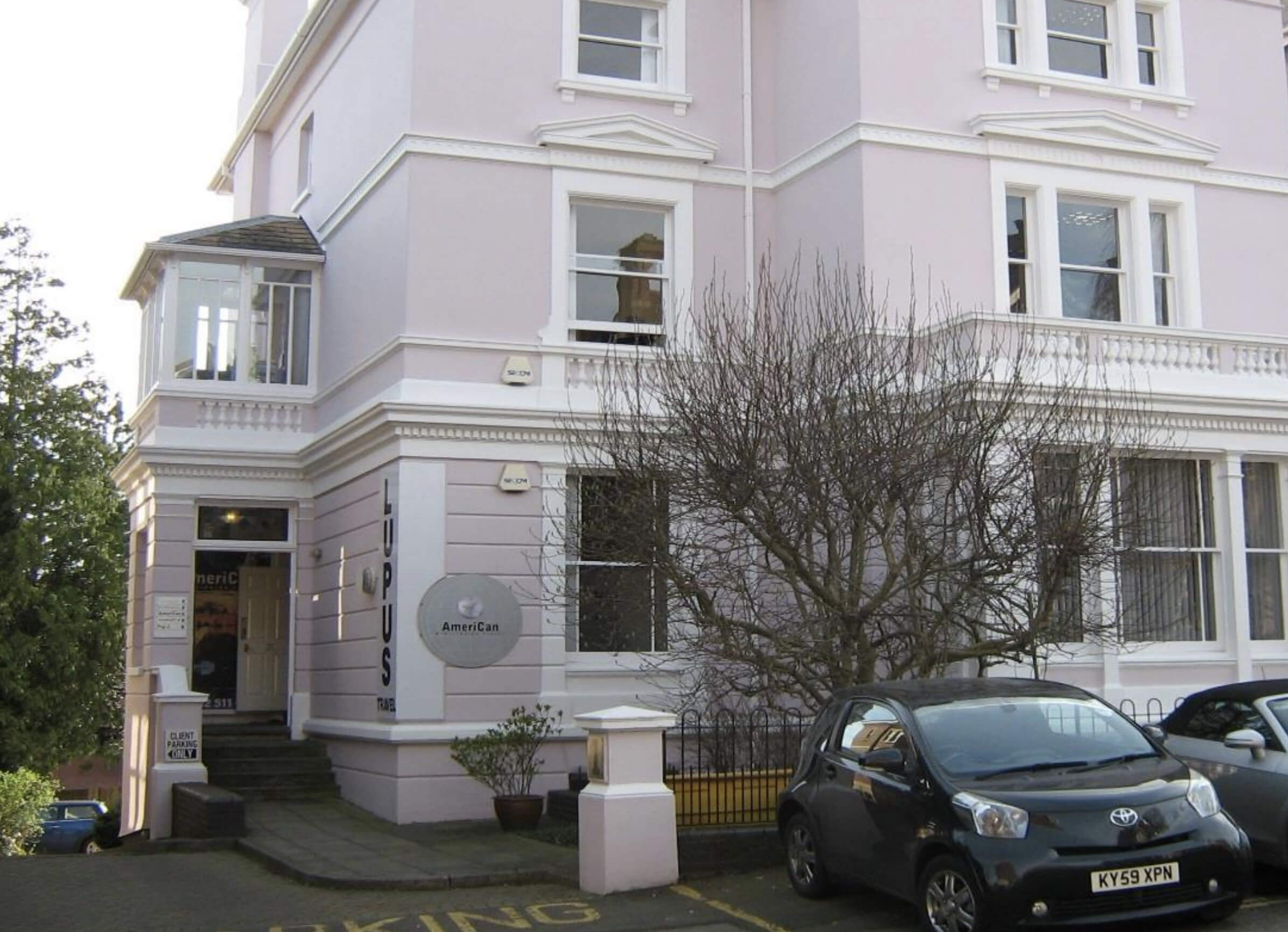1. Basic – Where the paying parent’s gross income is between £200 – £800
Basic plus – where the paying parent’s gross income is between £800.01 – £3,000
For other children, the paying parent supports are taken into account by reducing the paying parent’s gross income by 11% if there is 1 child, by 14% if there are 2 children and 16% if there are 3 or more children.
The following rates are then payable as a percentage of the gross income
Basic – 1 child 12%, 2 children 16% and 3 or more children 19%
Basic plus – the first £800 – 1 child 12%, 2 children 16% and 3 or more 19%
for the remaining gross salary between £800 – £3,000 – 1 child 9%, 2 children 12% and 3 or more children 15%
2. Reduced – Where the paying party’s gross income is between £100.01 – £199.99.
The following rates are payable out of the gross income
- £5 for the first £100 of income and then 19% of the balance of the gross income if there is 1 child, 27% if there are 2 children and 33% if there are 3 or more children.
If there are other children the paying parent supports, a more complicated formula is applied to reduce the amount payable.
3. Flat – where the paying party’s income is below £100 or where they receive certain benefits.
- The flat rate is £5 but will change to £10 when the scheme is opened to all new applicants.
4. Nil – where the paying party’s income is below £5, they are under 16 or 16-19 and in full-time education up to ‘A’ levels.









